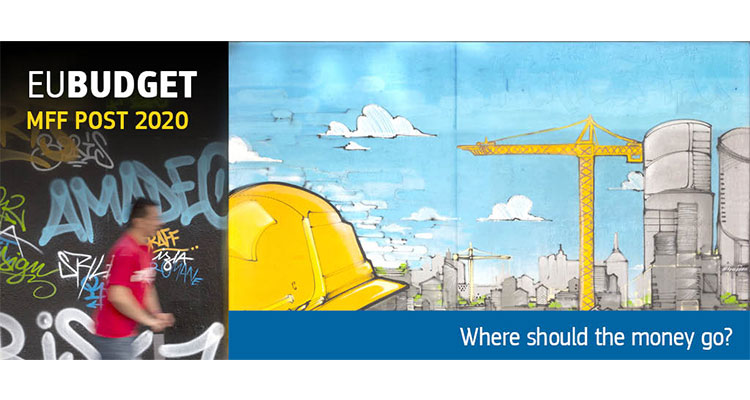Ahead of the Informal Leaders’ meeting on 23 February 2018, the European Commission is today setting out various options – and their financial consequences – for a new and modern, long-term EU budget that delivers efficiently on its priorities after 2020.
When discussing the level of ambition of EU action in areas like protecting the EU’s external borders, supporting a true European Defence Union, boosting Europe’s digital transformation or making the EU’s cohesion and agricultural policies more efficient, it is important for the Leaders to ascertain what their choices would mean concretely in terms of funding at EU level.
Today’s contribution from the Commission seeks to do exactly that – by quantifying the financial impact of various possible policy choices. Their purpose is to focus minds, to stimulate discussion and to provide a sound factual basis for making the important choices that lie ahead.
European Commission President Jean-Claude Juncker said: “Budgets are not bookkeeping exercises – they are about priorities and ambition. They translate our future into figures. So let’s first discuss about the Europe we want. Then, Member States must back their ambition up with the money to match. And whilst we all need to understand that business as usual is not an option for this upcoming discussion, I firmly believe that we can square the circle and agree on a budget where everyone will be a net beneficiary.”
The Commission is also setting out options to modernise the EU budget, including by possibly strengthening the link between EU funding and the respect for the EU’s fundamental values. Moreover, it sets out possibilities for strengthening the link – often referred to as “conditionality” – between the goals of the EU budget and the way it is funded. Finally, a swift political agreement on a new, modern EU budget will be essential to demonstrate that the Union is ready to deliver on the positive political agenda outlined in Bratislava and Rome.
Commissioner in charge of Budget and Human Resources, Günther H. Oettinger said: “We must not repeat the unfortunate experience of 2013 when the current EU budget was agreed with considerable delay. If such a delay were to happen again, more than 100,000 EU-funded projects – in key areas like business support, energy efficiency, health care, education and social inclusion – would not be able to start on time, and hundreds of thousands of young people would not be able to benefit from an Erasmus+ exchange in 2021.”
The European Commission will table its formal proposal for the next long-term EU budget in the coming months, at the latest in early May 2018. In the meantime, the Commission will continue listening to all stakeholders, including via the public consultations on the priorities of the EU that were launched in January 2018. A press release is available online, along with a series of explanatory factsheets.



